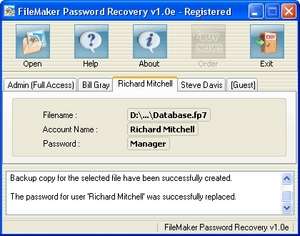

In reality, torrenting’s impact on record sales likely hurt the bottom line of both the publishers and the artists. “Artists aren’t hurt because they make all their money on tours” was a distinct rallying cry of the moment, and the large publishers were usually painted as the villains. The philosophically inclined pirates of the time would point to artists being disadvantaged by intermediaries as just cause for piracy. The argument is that torrenting embodied “ radical opposition to intellectual property” and created an internet where content was more open, free and accessible, while blockchain does the opposite.Īnother issue with this hot take is that it forgets the actual debates of the period. Web3 critics often draw negative comparisons to the ethos that surrounded torrenting. The rise of web3 has once again brought attention to concepts of digital ownership, IP management and the rights of creators.


The end of this period saw a sharp increase in intellectual property enforcement that coincided with the introduction of massively improved consumer options for digital goods (think Spotify, Netflix, Apple Music, etc.). This era forever changed the music and movie industries and pitted artists against fans.

The most divisive period in digital entertainment history was the Napster era and the mass adoption of using BitTorrent in the 2000s. The rising popularity of music NFTs brings a particularly interesting argument into focus: Is blockchain antithetical to the free and open virtues of torrenting? Or is it fighting the same gatekeepers that content pirates aimed to unseat? Artists versus fans When you were pirating Outkast in 2003, could you have imagined a world where you earn royalties for owning a copy of that MP3?Īt a time when NFT and web3 criticism is reaching fever pitch, hip-hop legend and innovator Nas is selling two of his singles as NFTs, which fans can purchase to claim streaming royalty rights. Chris Fortier is VP of Product at Rally, a platform for creators and fan communities to build shared economies powered by social tokens and digital goods and services.


 0 kommentar(er)
0 kommentar(er)
